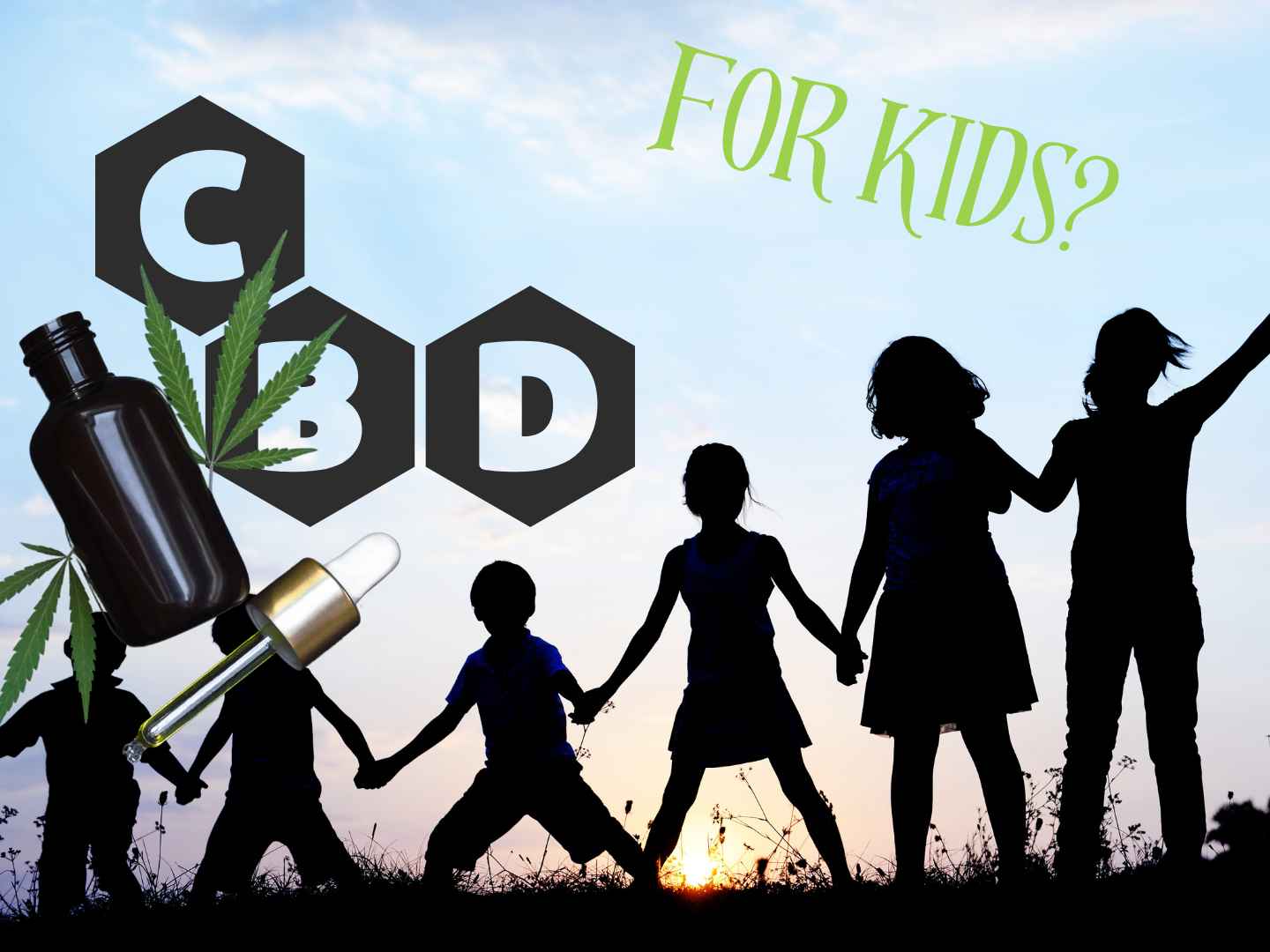Is CBD Safe for Kids?

When it comes to the potential therapeutic uses of CBD, the primary non-intoxicating compound found in cannabis, most of the conversation centers around adults. But what about kids? Can children safely benefit from CBD, and what are the potential risks and rewards? While CBD might be safer for kids compared to THC, it’s crucial for parents and physicians to carefully weigh these factors before incorporating it into a child's wellness routine.
Understanding the safety of CBD for children starts with looking at the available research. Generally, adolescent cannabis use has been associated with negative effects like decreased motivation, primarily due to THC. According to a 2020 literature review, the long-term side effects of cannabinoids are mostly linked to THC rather than CBD. This review also highlights that CBD appears relatively safe during early development, despite some side effects like drowsiness, weight loss, and decreased liver function.
The review's authors caution that decisions regarding medical cannabis use during childhood and adolescence should be made with great care and based on solid evidence. The placebo effect in medical cannabis use is notably high, which further complicates the decision-making process.
CBD for Pediatric Epilepsy
One of the most publicized uses of CBD in children is for treating refractory epilepsy, including Lennox-Gastaut syndrome and other types of treatment-resistant epilepsy. For many families dealing with severe seizures, CBD has seemed like a miracle cure. However, recent studies indicate that while CBD can effectively reduce seizure frequency initially, its efficacy may diminish over time due to the development of tolerance.
A 2022 study found that about one-third of participants developed a tolerance to CBD by around 11 months after starting treatment. At the end of the 12-month study, only 38 out of 86 patients reported that CBD was still effective. The study suggests incorporating CBD as part of a broader therapeutic strategy and calls for more research on managing CBD tolerance.
Similarly, a 2018 study observed a similar rate of tolerance development over a two-year period. Despite this, some children continued to experience significant improvements, with a small percentage even becoming seizure-free. Both studies noted side effects like drowsiness, fatigue, increased body temperature, decreased appetite, diarrhea, and decreased liver function.
CBD and Autism Spectrum Disorder
Autism spectrum disorder (ASD) encompasses a range of neurodevelopmental disorders characterized by impaired communication, social interaction, and repetitive behaviors. Although there is a dearth of clinical trials specifically examining CBD as a treatment for ASD, anecdotal evidence and preliminary research suggest potential benefits.
A 2022 literature review highlighted that the CB1 receptors of the endocannabinoid system are located in brain areas associated with motor control, learning, memory, emotional response, and cognitive functions—all of which are relevant to ASD. While some studies suggest CBD-enriched cannabis might help with epilepsy, aggression, improved mood, anxiety, and social interaction in ASD patients, much of this evidence remains anecdotal.
CBD for Juvenile Idiopathic Arthritis
Another potential medical use for CBD is treating juvenile idiopathic arthritis (JIA), a chronic arthritis affecting about 1 in 1000 children. A 2021 survey by pediatric rheumatologists found growing interest among parents in using CBD to manage JIA symptoms. Although there is no clinical evidence yet to support CBD for JIA, studies in rodents have shown promising results, with topical CBD applications reducing pain-related behaviors and inflammation without significant side effects.
So, is it safe?
The question of whether CBD is safe for kids is complex and multifaceted. While CBD shows promise for conditions like refractory epilepsy, ASD, and JIA, the research is still in its early stages, and the long-term effects remain uncertain. Parents considering CBD for their children should consult with knowledgeable healthcare professionals and consider all available research. Here at CannaLnx, we highly recommend our partners at Holistic Caring for reliable information and consultation when it comes to cannabis medicine. They are leaders in the field of cannabis nursing, winning several awards and developing educational courses for both clinicians and patients.
In the end, careful consideration and professional guidance are essential when exploring CBD as a treatment option for children. As research continues to evolve, we remain hopeful that CBD can offer safe and effective relief for various pediatric conditions.
Please note: You are not currently logged in. Only members can contribute comments. If you would like to contribute click the button below.

JUN
Wednesday
4
A Dispensary EventDragonfly Wellness |
Dragonfly Wellness
Community Clean Up
We're an organization that is dedicated to the idea of empowering our community.
Every Thursday morning we partner with our neighbors at the Geraldine E. King Women's Resource Center to clean up our neighborhood together! We encourage all patients, pharmacies and community members alike to join us!
We understand it's not always possible to donate financially. So we have created a Covid-safe activity to benefit our entire community by cleaning it up, connecting and getting out doors all while simply donating our time together.
Masks are required. Social distancing is enforced. Supplies such as gloves, trash pickers, bags and sharp buckets will be provided for all volunteers at the south side of our building
We cannot thank you enough for your generous donation of your valuable time.
|
||||||

JUL
Monday
21
A Physician EventBryan Doner, DO |
Compassionate Caregivers and Compassionate Certification Centers
PA Medical Marijuana Educational Forum – Cranberry Public Library
Diana Briggs, Founder of PA Compassionate Caregivers and Dr. Bryan Doner, CEO of Compassionate Certification Centers, will give an overview of our PA Medical Marijuana Program. In addition, we will complete the evening with a panel of experts from the MMJ Industry to answer all of your questions.
|
